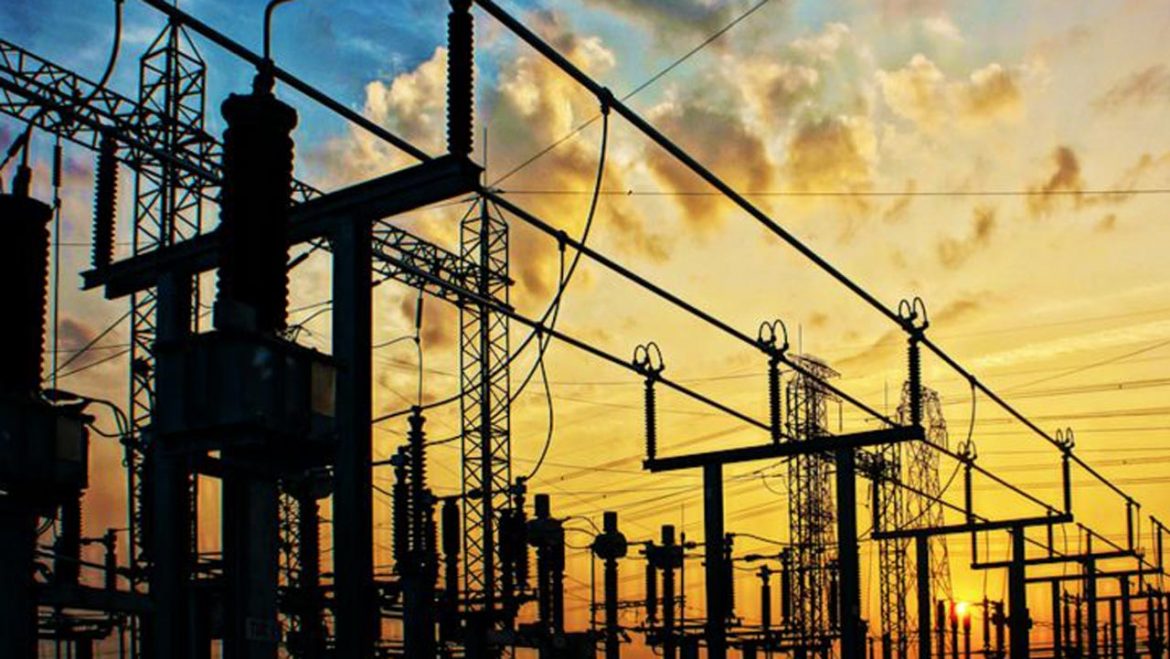449
Daniel Adaji
The Enugu State Electricity Regulatory Commission (EERC) has accused the Nigerian Electricity Regulatory Commission (NERC) of overstepping its constitutional limits by opposing Enugu’s recent reduction in electricity tariffs.
According to EERC, only states have the legal right to regulate electricity distribution within their borders.
In a rejoinder published on its website Monday, EERC defended its decision to slash the tariff for Band A customers in Enugu from N209/kWh to N160/kWh, effective August 1, 2025. The move came after NERC issued a Public Notice last Thursday, questioning the legality of EERC’s tariff reduction.
EERC insisted the backlash from NERC stems from “misconceptions and misplaced focus,” arguing that some stakeholders have failed to grasp the sweeping reforms introduced by the 2023 constitutional amendment, the passage of the Electricity Act 2023, and the birth of a sub-national electricity market.
“The question is whether in a fully decentralised Electricity Supply Industry, multiple tariff regimes are not reasonably possible?
“Furthermore, where a state like Enugu State has assumed full regulatory oversight over its intrastate market, is it precluded from issuing a Tariff Order for that market?”
Challenging NERC’s interpretation of constitutional powers, EERC stated, “On this constitutional matter, it should be noted that under Paragraph 14(b) of Part II of the Second Schedule to the Constitution, only States have the constitutional right to make laws with respect to the distribution of electricity.”
The agency pointed out that the National Assembly’s powers are limited to the generation and transmission of electricity, and that distribution was “deliberately excluded” from its jurisdiction.
EERC further took issue with NERC’s claim that states must fully absorb wholesale grid supply costs or provide subsidies, calling it a misapplication of authority.
“The jurisdiction over the national grid and generating plants licensed by NERC is distinct and separate from benefits under the electricity subsidy programme of the Federal Government.
“The question whether states that have established their electricity markets should benefit from the electricity subsidy programme is an issue of constitutional importance.”
EERC warned that denying any state a share of the electricity subsidy—funded from the Federation Account—because it exercises its right to regulate its own market “will be subversive of the Constitution.”
“In a federation such as Nigeria, it does not lie with NERC to make this determination as it summarily declared in the Notice. The subsidy programme is funded from the Federation Account established under section 162 of the Constitution. This account belongs to the three tiers of government in Nigeria and benefit therefrom is determined by the Constitution.”
The rejoinder suggested that NERC’s underlying motive was to “preserve the exclusive right to determine end-use tariffs in the NESI,” while pushing states to merely rubber-stamp federal tariffs.
“Under this arrangement, States that accept this usurpation will continue to enjoy the national subsidy on the generation tariff. And the States that do not will be denied the benefit, and told that they could go and generate their own electricity, even though the SubCos are entitled to a share of the Successor DisCos’ minimum offtake obligation from the grid,” EERC argued.
Reacting to NERC’s justification that its new Tariff Order was based on reducing the average generation tariff from N112.60/kWh to N45.75/kWh with a subsidy differential of N66.85/kWh, EERC maintained that its decision was rooted in due process and state law.
“EERC states unequivocally that the reduction in the tariff for Band A customers under the Tariff Order was not based on any populist sentiment, or reckless bluster. Rather, it is a result of a rigorous and transparent process of tariff determination during which costs and other relevant data from MainPower Electricity Distribution Company Limited were carefully reviewed and analysed based on the provisions of the Enugu State Electricity Law 2023, and EERC’s Tariff Methodology Regulations 2024.”
The development marks a growing face-off in Nigeria’s decentralised electricity sector, setting the stage for legal and policy battles between state and federal regulators.



